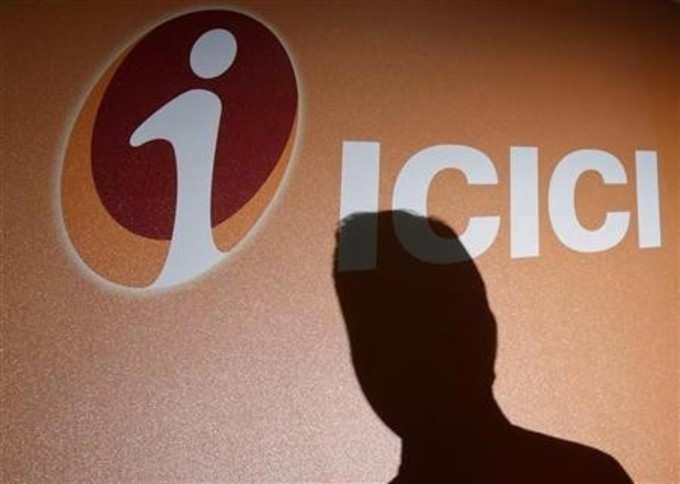 ICICI bank might be a household name today—all thanks to its vast presence across the country—but Ambit Capital, a security firm feels that the bank is at serious risk of defaulters. According to the firm, the risk of
ICICI bank might be a household name today—all thanks to its vast presence across the country—but Ambit Capital, a security firm feels that the bank is at serious risk of defaulters. According to the firm, the risk of As per an Economic Times report, the concentration risk for the bank is also rising with 32.8% of its capital funds exposure to a single corporate group with same management, up from 29.1% a year earlier.
Citing
It further added, "In absolute terms, the exposure to the biggest corporate group increased 18 per cent YoY in FY15. The name of this corporate group is not known, but if it is one of those highly levered and stressed corporate, this does not bode well for the bank.”
Among the private sector banks, investors and analysts have been raising concerns about the quality of bad loans at ICICI Bank as it has lent money to several infrastructure groups. The bank for the June quarter said that the profit rose to 12% and the bank's gross bad loans rose to Rs 15,138 crore, or 3.68% of its total loans. The shares of the firm also ended flat at Rs 311.3 on the BSE on Thursday.
The bank did not respond to the email query sent by ET. The annual report of ICICI, submitted on 24th July this year, however, says that the bank experienced a significant increase in the downgrade of standard restructured loans to the non-performing category comprises 45% of the total loan book.
Although the amount of loans that were behind payments by 30 days jumped, it may not be a cause of worry since they need not be classified as bad loans. A loan is classified as NPA (nonperforming asset) when the borrower fails to repay the loan within 90 days of the due date while the bank has to set aside 15% of the loan amount as provisions.
However, when a borrower fails to repay loan on due date it is an early sign of stress in the company. Taking cognizance of these early signs of stress, the Reserve Bank of India has asked banks to form a joint lenders forum as soon as a loan is overdue for over 60 days.